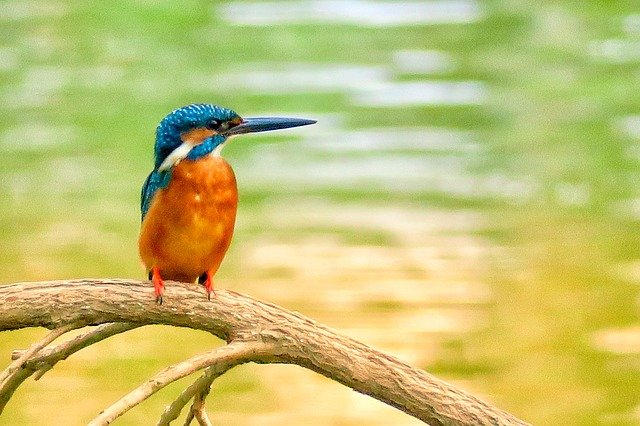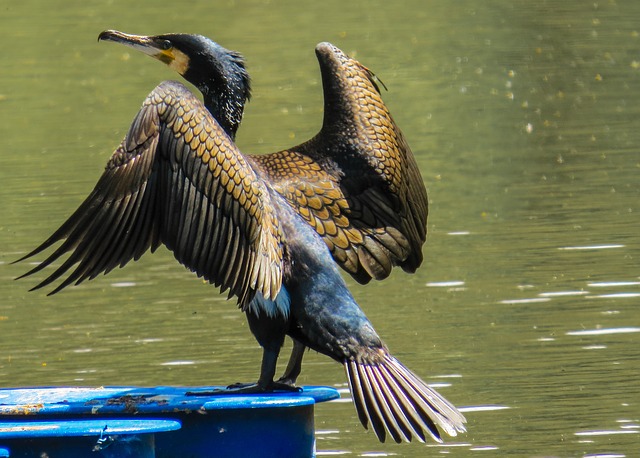Birds have been a species that humans have cherished. From ancient rituals and customs to sending messages across large distances, birds have been used by us in various fields throughout our history. While these winged fellows were to be found everywhere, their peers in and around the seas managed to garner a great deal of interest from our ancestors. A few reasons why that was the case are:
- Sea birds helped ancient sailors in navigating through uncharted seas.
- They were a source of food in the sea where resources were scarce.
- Many of them were seen as omens or signs that spelled the fate of the voyage.
Thus birds of sea have helped shape the human civilization in ways more than one. However, a contribution that is diminished is their part in shaping our English dictionaries. While birds in general have added quite a few words to our vocabulary, sea birds, from the seagulls to the kingfishers, deserve a spotlight of their own.
In the Greek myth by the name of Alkyone, the daughter of the God of wind, Aeolus, threw herself into the sea when she learned that her husband had been killed in a shipwreck. There, she changed into a kingfisher named alkyone or halkyon. Kingfishers built floating nests on the sea which charmed Aeolus so much that he calmed the sea till the eggs hatched. This myth led to the genus name of Kingfishers, an adjective that meant relating to the kingfisher or their nesting period and also a synonym for calm: halcyon. It is also used to suggest happiness or blissfulness as in ‘the halcyon days of her youth’.
That was enough about kingfishers. Another word from a similar source is cormorant, which is derived from Latin corvinus marinus or the sea raven. The sea raven is a notably voracious bird thus its name has come to refer to insatiable greed.
You might be wondering if ravenous, a word that is used in a similar has also been derived from the same source but that would be judging the book by its covers. Ravenous, instead, has its root in the Latin word rapere meaning to seize or take by force.
Gullible is another word inspired by a sea bird and you shouldn’t have much problem guessing which bird it is. It means someone who is trusting or from whom it is easy to steal. Its derived from seagulls who are notorious for their habit of swallowing almost any item that they consider even close to food. Thus a gullible person is someone who swallows (as in believe and not actually swallowing food) easily.
French has contributed a few words to English in this regard as well. We have the bird ‘hoopoe’, for example, which is considered by many as a stupid bird. In French it’s called de huppe which gave birth to the English word dupe which means someone who allows them to be deceived or to deceive. The word canard which means a false or ungrounded report, is actually French for duck. It is thought to have originated from a French idiom which translates to ‘to sell half a duck’, essentially meaning to cheat.
Take a quick glance at the words again and then try the quiz.
Table Summary:
| Prefix | Word | Suffix | Meaning |
| Halcyon | Calm; Genus name of Kingfisher; Relating to kingfisher | ||
| Gullible | Someone who trusts others easily or from whom it is easy to steal. | ||
| Cormorant | Insatiable greed | ||
| Raven | -ous | Intensely eager for satisfaction | |
| Dupe | To deceive; Someone who allows themselves to be deceived | ||
| Canard | Rumor; False or ungrounded report |
Click on the image below to be redirected to the crossword page:
Across
2. To decieve or cheat
5. Intensely eager for satisfaction
6. Calm; Relating to kingfisher
Down
1. Someone who trusts other easily
3. Insatiable Greed
4. Rumor or a false report












